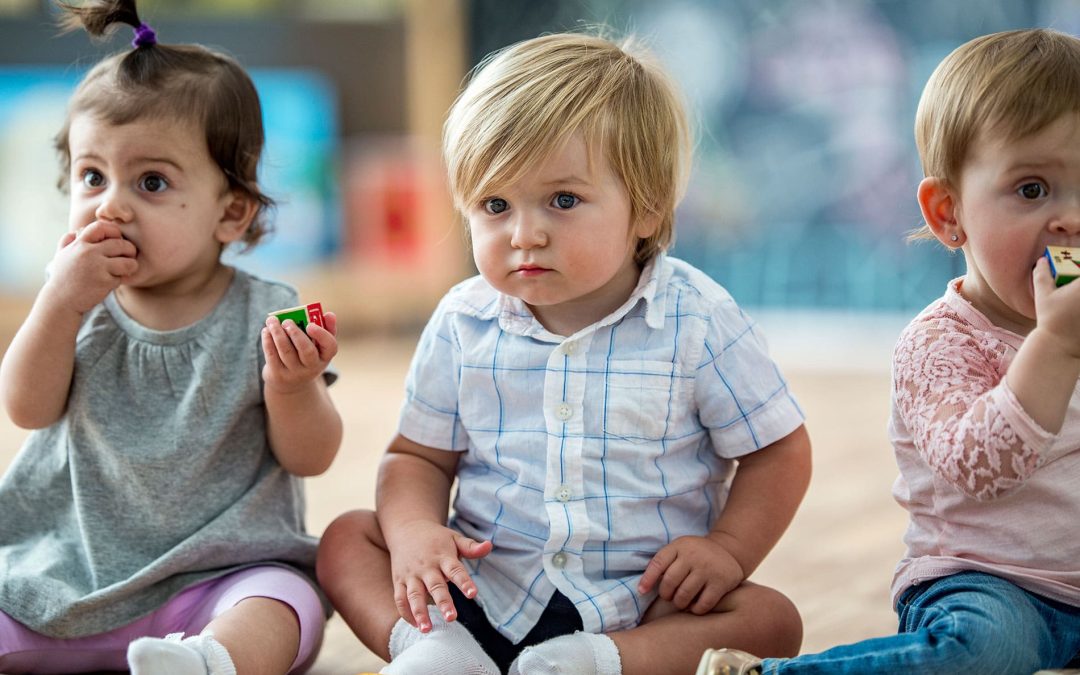There’s NO such thing as bad weather, only bad clothes: why winter play is so important for young children
It’s no secret that, at least in early childhood, our little ones inherit our attitudes about life, people, and the environment – and the same is true of seasons, like winter.
Whether it’s the proverbial ‘catching of a winter cold’, inevitable slips and falls on a frosty playground, or a ton of muddy laundry to do when all is said and done, too many parents and guardians see the chilly wet of winter weather as something for children to hide from.
Less to lose and more to gain
In time, growing children with winter-shy parents learn to dread the barren, monotone months of winter, cooped up inside with no respite. It seems like nature’s punishment.
Worse yet, cooped-up children might never realise what they’re missing, engrossed in iPads, films, and bought games, unaware of the possibilities of nature, and unwilling to conserve it.
On the other hand, when parents and guardians start to explore the myriad benefits of letting little ones engage in outdoor play in the wintertime, children grow up seeing winter as a wonderland, full of new possibilities, white magic, and fun! Doesn’t this feel like a better outlook?!
Provided parents check the weather in advance, and dress their winter munchkins accordingly (with raincoats, Wellingtons, scarves and mittens, and woolly socks to spare) there are so many benefits to reap from letting children play outdoors in the wintertime.
Let’s take a closer look.
“Don’t go outside or you’ll catch a cold!”
Face it, times change, and people learn. We now know, scientifically speaking, that colds and flu are the results of viruses, not damp clothes, frozen feet, or a chill in the air.
The viruses behind common colds and flu are readily transmitted in the stuffy, overheated, poorly ventilated indoor spaces during winter, not outside in the fresh air and cold weather!
So, by dressing your little one snuggly and sending them outdoors to get their muck on in the wind, rain, or snow, you’re not endangering them, you’re keeping them clear of the viruses that thrive indoors during cooler months.
Hands-on adventure
By letting your kids enjoy outdoor play in winter, you enable hands-on exploration of the lifecycles of plants and animals, and seasonal changes in the environment.
Not only does this teach valuable lessons about the recurring cycles of death and rebirth, hibernation, and re-emergence, but it also teaches children that even formidable winter has unique gifts to offer.
Any child who’s built an ice fortress, a snow angel, or a snow painting, made mud cakes, played puddle-scotch, or zipped along on a wet-grass toboggan knows that there’s fun to be had in winter that simply isn’t an option in summer, and vice versa.
The moral of this story: for those with a little courage and creativity, nature gives and gives and gives, and it takes away only to give back in abundance.
Tomorrow’s superheroes
Freedom of movement in outdoor play develops and strengthens the body’s large muscle groups, improving coordination, balance, and overall motor control. If children are forced to stay dormant during winter, their process of development is essentially interrupted.
Think about it. In winter, physical activity is extra demanding due to the challenges of slippery winter wet, resistant wind, and deep snow, not to mention the body’s constant effort to maintain its internal temperature against the biting cold.
Winter games outdoors give nature’s children the competitive edge, building hardy bodies and immune systems, fine-tuning balance and coordination, and boosting the body’s capacity to endure.
Practical Magic
Winter hones the physical and mental skills learned in the temperate months by piling on both a physical challenge and an element of calculated risk. Through trial and error, children learn that to run on slippery grass, you have to temper your speed and ready your arms in case of a fall.
Children who haven’t been allowed the first-hand experience of ‘learning the hard way’ have no means to hone this essential risk measurement and mitigation skill because it’s not a theoretical lesson, it’s a practical one.
The sense that they can engage their environment regardless of the weather, instead of feeling that they are at the mercy of it, is essential to their sense of self-confidence … not just in terms of weather, but in all aspects of life.

